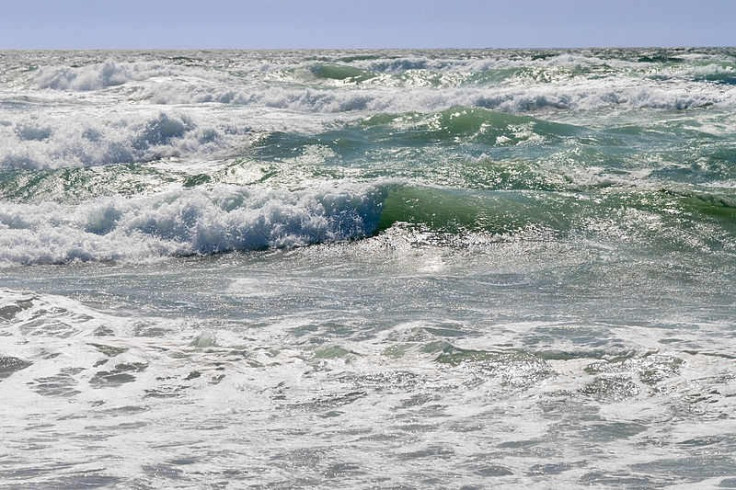Global Warming: Ocean Temperatures Rising 'Up to 152% Faster than Thought'

Scientists may have underestimated the extent of global warming because of inaccurate temperature readings from oceans in the southern hemisphere.
Californian researchers from the Lawrence Livermore National Laboratory and the California Institute of Technology measured temperatures directly from the ocean, as well as using satellite data and climate modelling.
They compared the data to sea-level rises and upper-ocean warming in the northern hemisphere, to map warming trends. The results show the seas have been absorbing more than twice as much of the heat trapped by excess greenhouse gases as previously thought.
The team studied rising temperatures of the southern hemisphere over the decades between 1970 and 2004, and recommended increasing estimates of the rate of ocean warming by between 48% and 152%.
One could say that global warming is ocean warming
Paul Durack, who led the study, said this was the first time scientists have been able to work out how big the gap is between previous estimates and the reality of rising ocean temperatures.
"There has been a general acknowledgement in the literature, that southern-hemisphere estimates of ocean warming are likely biased low," he said. "Our study is the first to attempt to quantify the magnitude of what this generally acknowledged underestimate is, using as much information as is available."
Sea temperatures are a fundamental way of measuring global warming, as the ocean stores more than 90% of human-induced excess heat.
Gregory Johnson and John Lyman at the US National Oceanic and Atmospheric Administration, wrote in a commentary on the research: "One could say that global warming is ocean warming."
"Quantifying how fast, and where, the ocean is warming is vital to understanding how much and how fast the atmosphere will warm, and seas will rise," they added.
Higher sea temperatures are also connected to rising sea levels, because water expands as it warms.
Wenju Cai, from the CSIRO in Melbourne, told New Scientist that the findings have a great impact on our understanding of global warming.
"The implication is that the energy imbalance – the net heating of the earth – would have to be bigger," he said.
Buoys called Argo floats have been collecting ocean data from around 2004, increasing the information available to scientists.
"Prior to 2004, ocean change research was limited by very sparse temperature measurements," Durack told ABC Science Online.
The research was published in the journal Nature Climate Change.
© Copyright IBTimes 2025. All rights reserved.






















